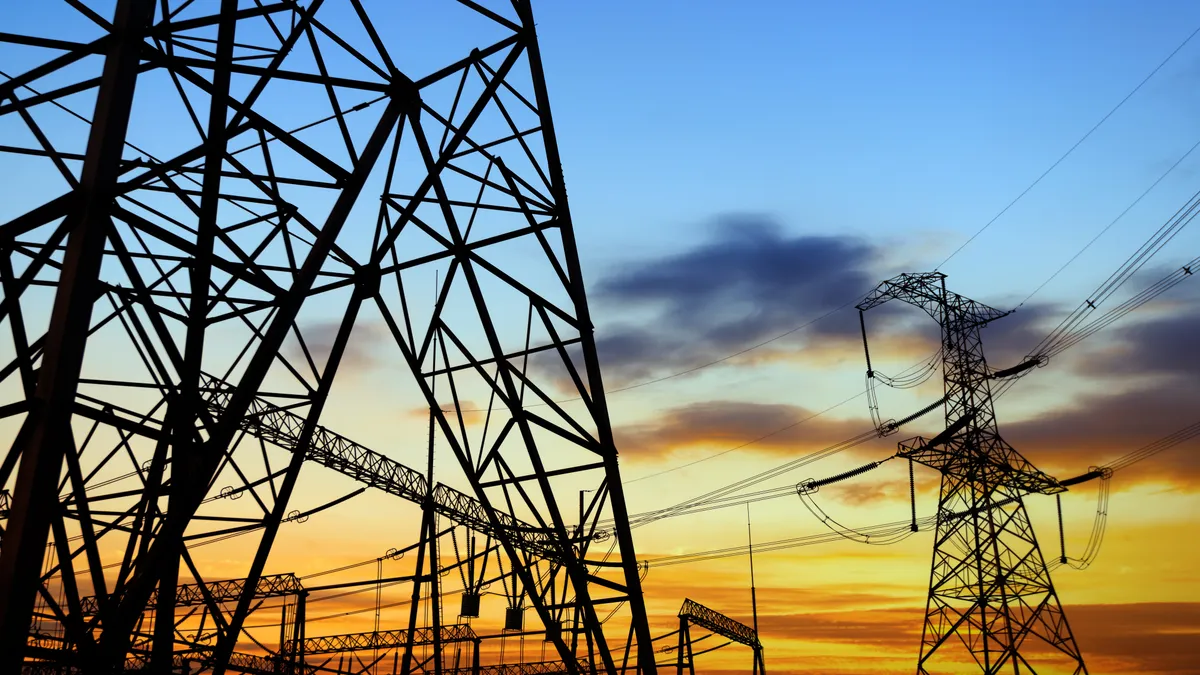Dive Brief:
- The Illinois Farm Bureau and a landowners’ alliance requested last month that the Illinois Commerce Commission reconsider its approval of the Grain Belt Express transmission line aimed at delivering Kansas wind-generated electricity to Eastern markets, according to a filing.
- The landowners assert that the Commission failed to meet the requirements to expedite the approval process for the line planned by Clean Line Energy Partners (CLEP).
- If the ICC does not grant a rehearing within 20 days, the Farm Bureau and landowners can appeal to Illinois Appellate Court, claiming it has exhausted “all administrative procedures." They argue the commission-granted certificate allows eminent domain privileges only utilities should have.
- CLEP is also seeking to have the ICC clarify its approval of a "certificate of public convenience and necessity" for the 206.3 mile Illinois section of the high voltage direct current line, which allowed them eminent domain to obtain rights of way.
Dive Insight:
CLEP claims that the $2 billion transmission line could cut “the annual cost of wholesale electricity used to serve Illinois customers by an estimated $320 million in its first year of operation" with delivery of low-priced Kansas wind decreasing Illinois wholesale electricity prices by an estimated $750 million during the line’s first five years.
The 780-mile, 4,000 MW line would move 3,500 MW of Kansas wind-sourced electricity to the Midcontinent Independent System Operator and the PJM Interconnection. A 500 MW portion could be delivered to a station in Missouri.
While the project has approval from regulators in Kansas and Indiana, the Missouri Public Service Commission rejected the line this summer, which CLEP is appealing.
The landowners and farmers advocacy group Block Grain Belt Express said construction of the line would negatively impact residents' lives. The line does not benefit electricity market competition, according to the Farm Bureau and landowners.
The "certificate of public convenience and necessity" allows CLEP to exercise eminent domain to obtain the rights of way, which opponents said threaten property rights. if the decision is reversed, CLEP would be able to file for a more standard development permit, a Farm Bureau spokesperson said.
CLEP claimed delivery of low priced Kansas wind would decrease Illinois wholesale electricity prices by an estimated $750 million during the line’s first five years.














